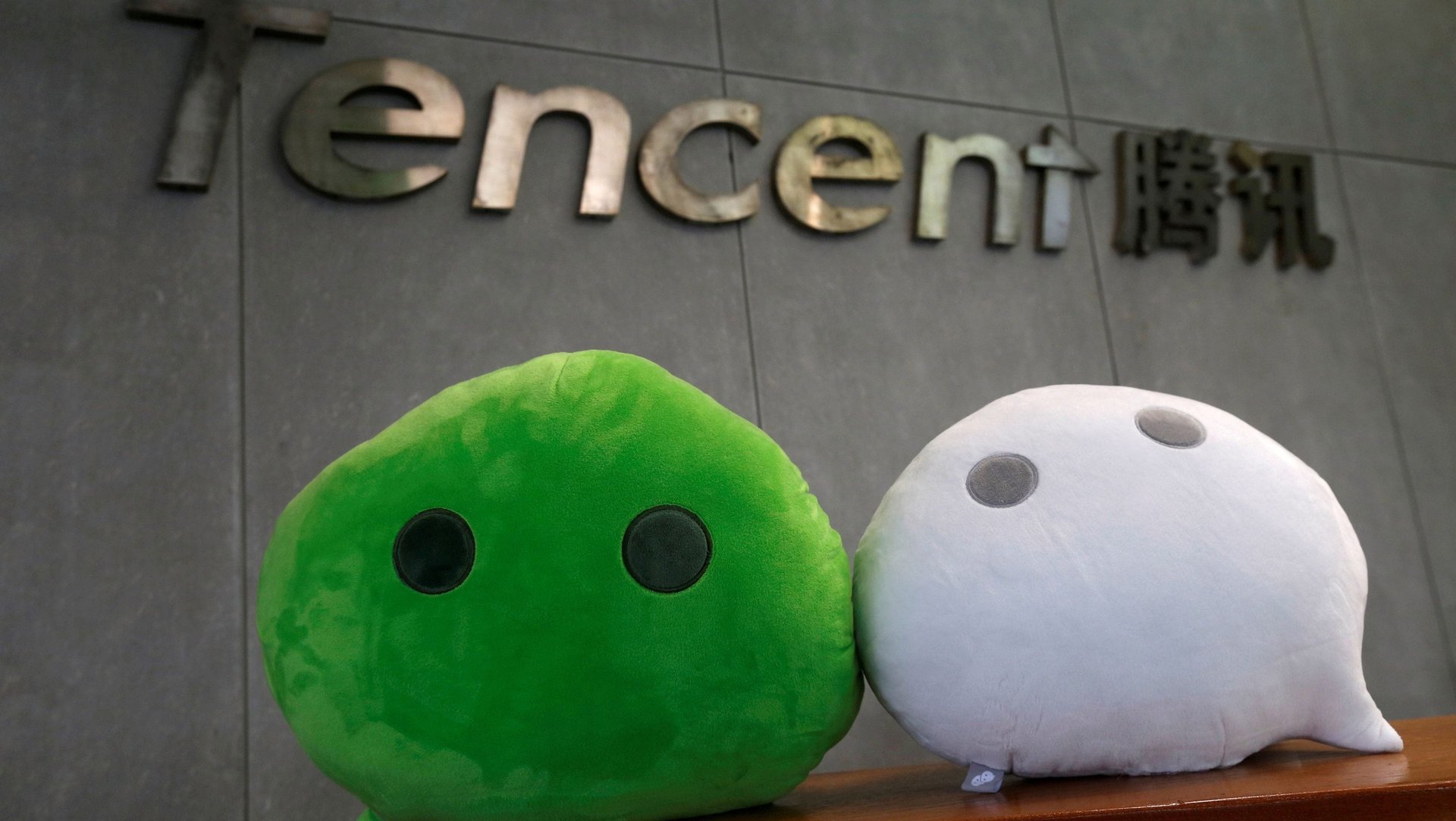There’s an unexpected alliance between Google and two Chinese tech giants
On Monday (June 18), Google announced it would invest $550 million in JD.com, the Chinese e-commerce company that competes against Alibaba.


On Monday (June 18), Google announced it would invest $550 million in JD.com, the Chinese e-commerce company that competes against Alibaba.
The deal comes as the US tech giant revamps its China strategy. The company has had a marginal presence in the country since March 2010, when authorities shut down its search engine for mainland China and later cut off traffic to its consumer-facing services. More recently, Google announced last December it would open an artificial-intelligence research lab in Beijing, and the following month it invested in Chushou, a Chinese mobile game platform.
Yesterday’s investment, coupled with other recent deals, suggests that the company is now forming an alliance of sorts with two major tech companies in China: JD.com and Tencent, the maker of the chat app and payments service WeChat.
Those two have been tightly linked since 2014, when Tencent bought a 15% stake JD.com. Since then, they’ve gone on to co-invest in a number of Chinese companies, among them the retail chain Better Life, the entertainment conglomerate LeEco, and the cinema giant Dalian Wanda Group (paywall).
Recently, a web of deals and partnerships has formed around Google, Tencent, and JD.com (along with a handful of other companies).
For instance, all three invested in Go-Jek, an Indonesian ride-hailing player that competes against Grab in Southeast Asia (and, before it retreated from the region in March, Uber). Tencent and Google also formed a patent-sharing agreement in January.
Meanwhile, all three share partners in the e-commerce wars taking shape in China and the US, which feature traditional retailers partnering with online ones. Taken together the various arrangements suggest a pattern:
- In January 2016, JD.com purchased the e-commerce arm of Walmart’s China business. Months later, Walmart increased its stake in JD.com to 10.8% (paywall).
- In August 2017, Google announced a partnership (paywall) with Walmart to offer the retailer’s products on its online shopping site.
- In January 2018, news surfaced that Tencent planned to invest in French retailer Carrefour. In May, a Carrefour supermarket powered by WeChat’s QR codes and payments opened in Shanghai.
- In March 2018, Walmart announced it would cease to offer payment services from Alibaba’s Alipay in its stores across western China and would only accept Tencent’s WeChat payments.
- In June 2018, Google and Carrefour announced they would form a joint venture (paywall).
The three-way alliance dovetails nicely with Walmart’s rivalry with Amazon in the US, and with Tencent and JD.com’s battle against Alibaba in China. Meanwhile, the investments in Indonesia’s Go-Jek could pay off in Southeast Asia, where Amazon and Alibaba are each planning an aggressive expansion.
Ziyi Tang contributed to this post.